Ideals and Values
My professional development is strongly shaped by ideals and values that guide my scientific pursuits.
“Study hard what interests you the most in the most undisciplined, irreverent, and original manner possible.” — Richard P. Feynman
This quote deeply resonates with me. Research should be “undisciplined” in the sense that I do not push myself just because I need to reach a certain goal but because a sense of genuine curiosity and passion pulls me along. As scientists, we must be “irreverent,” challenging established ideas rather than accepting them at face value, as science is ever-evolving and continuously testing its previous conceptions. Lastly, creativity and innovation are the driving forces of science. Today’s research demands disruptive approaches to tackle monumental challenges like climate change. We must think outside the box, exploring uncharted ideas and new possibilities!
“If I have seen further than others, it is by standing upon the shoulders of giants.” — Isaac Newton
Collaboration and teamwork are essential in life. We cannot do much alone, but by working effectively as a team, we can achieve greater things! My achievements are not solely my own but are built upon the support and guidance of mentors, colleagues, friends, and family. I am profoundly thankful for the teams and collaborators who have enriched my journey.
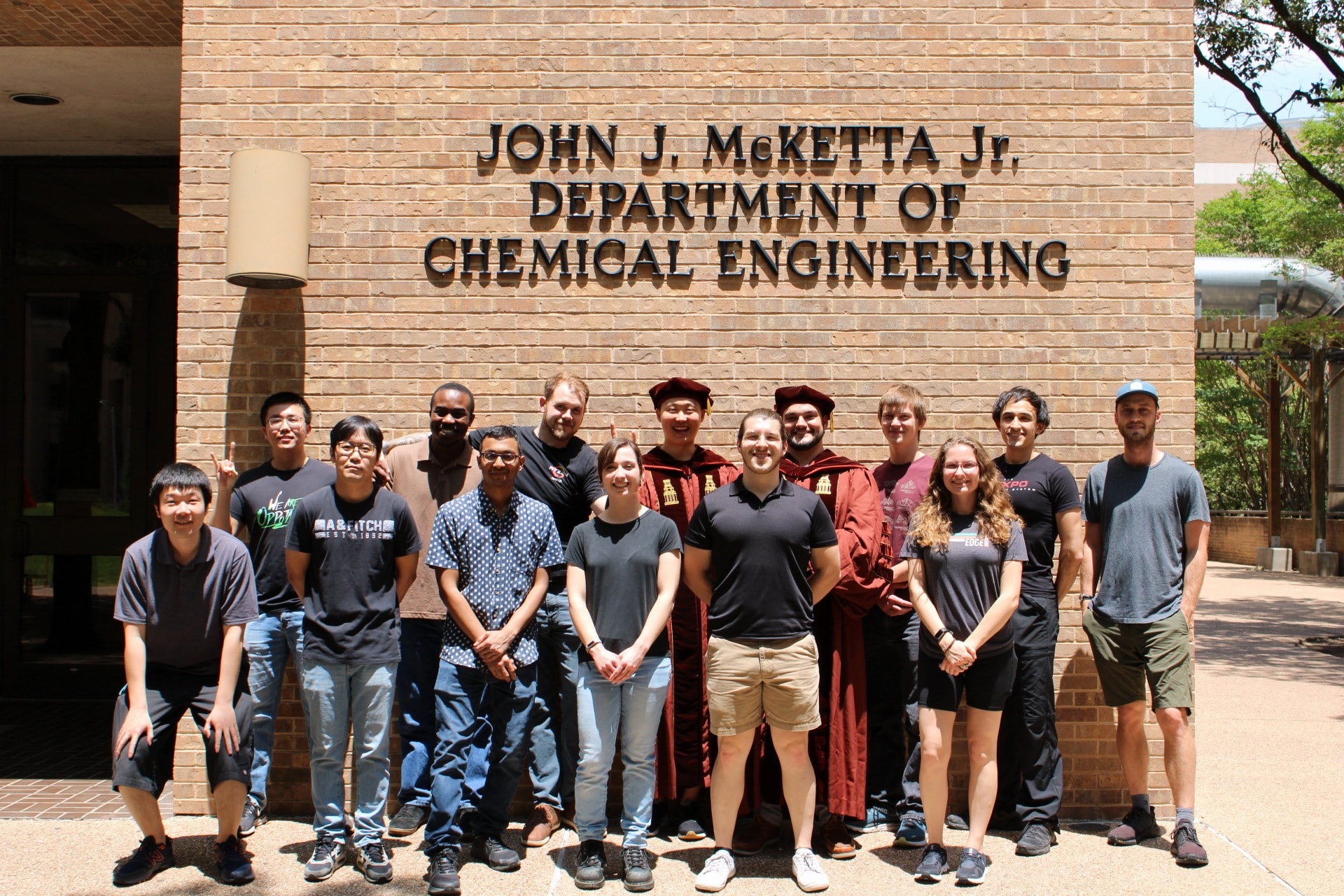
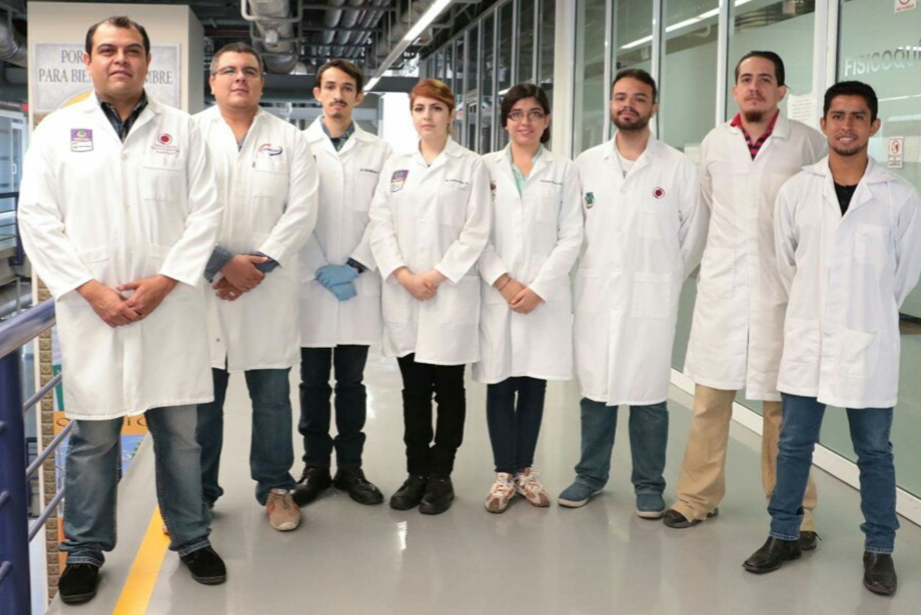
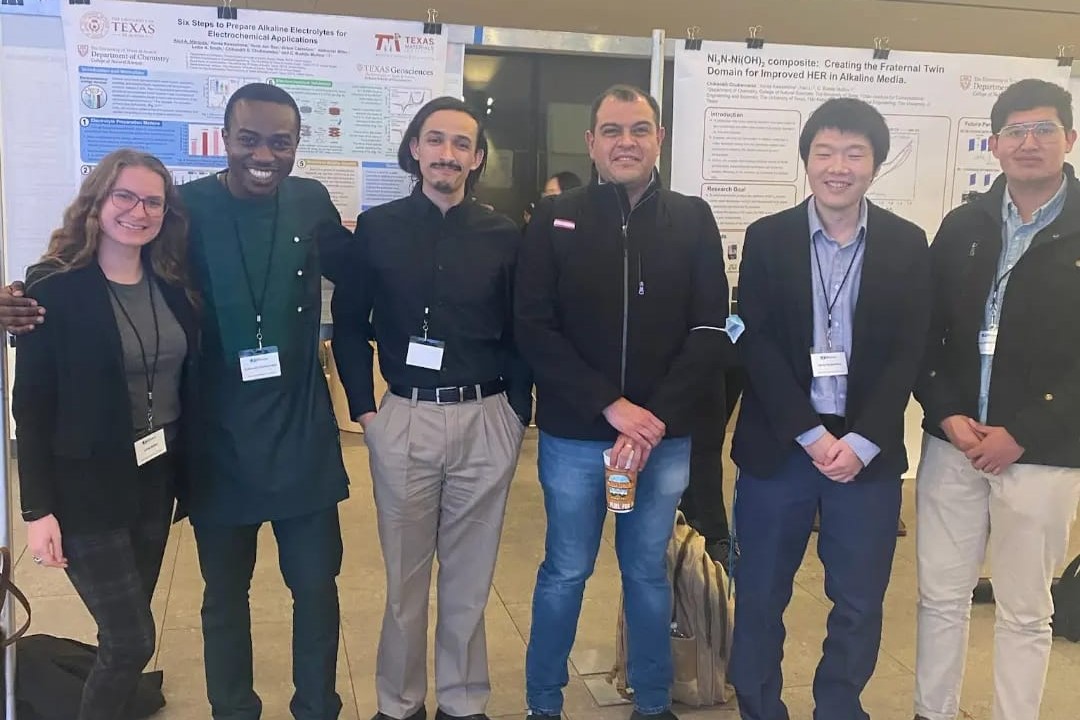
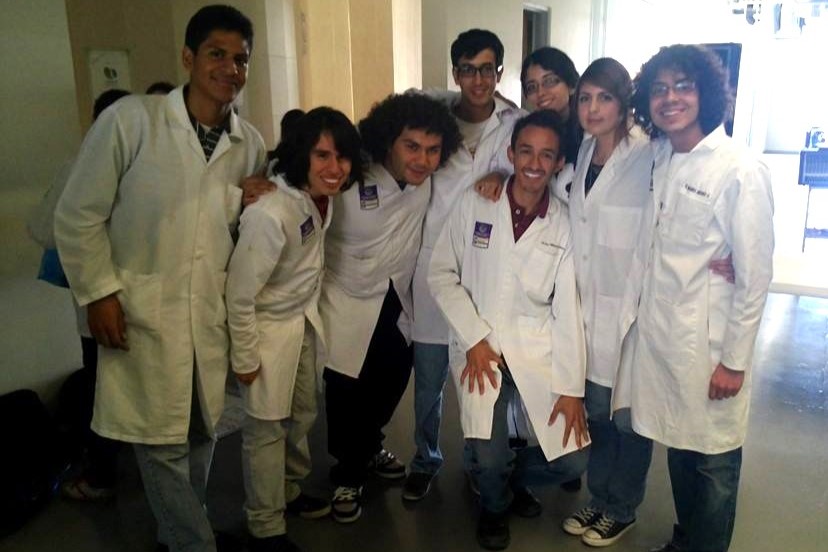
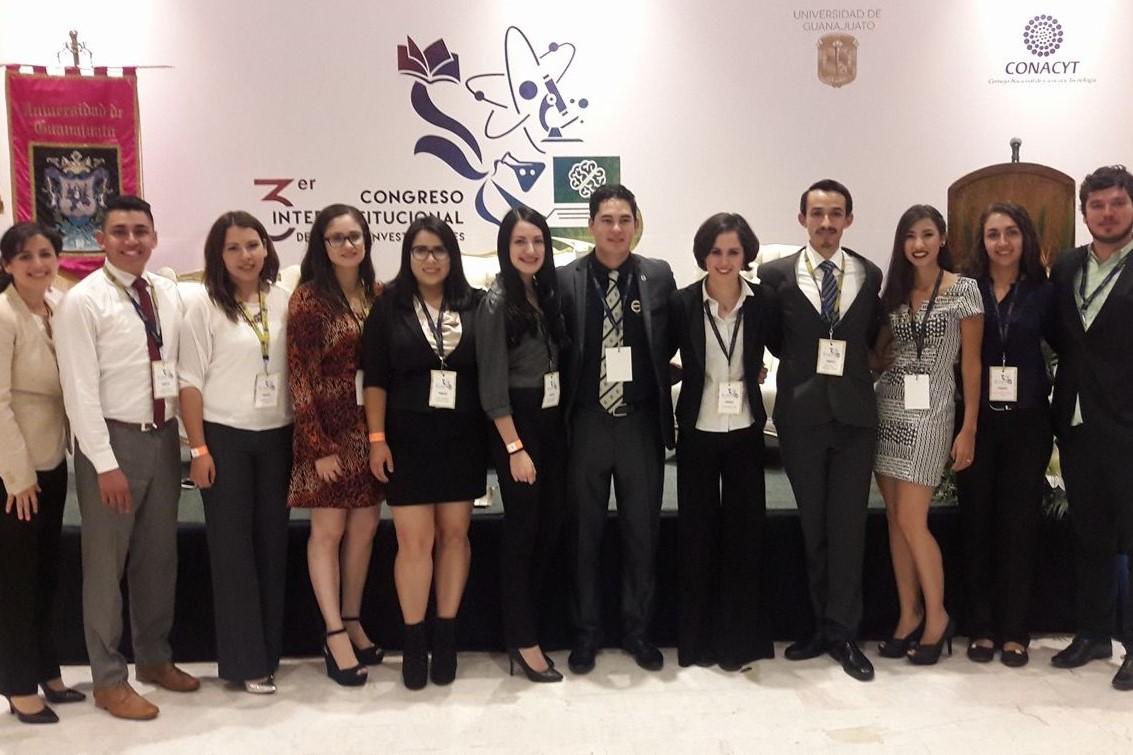
Even game theory shows that cooperation leads to win-win outcomes. I am committed to collaborating with others to broaden my experience, embrace diverse perspectives, and acquire cross-domain knowledge, enhancing my creativity and effectiveness.
“The greatest threat to our planet is the belief that someone else will save it.” — Robert Swan
As a scientist, I recognize our crucial role in society. Our work has the potential to save lives or cause harm; hence, we must approach our research with a responsibility to better human welfare. Beyond the passion for discovery, it is our duty to ensure that our innovations address real-world problems and enhance our community and environment. While not all research can be directly application-driven, even fundamental studies should strive to advance human well-being. I strive to cultivate a sense of responsibility towards our planet in my students, mentees, and colleagues. If we, who are passionate and intimately connected with the workings of the natural world, do not step up to improve our environment, then who will?
“The saddest aspect of life right now is that science gathers knowledge faster than society gathers wisdom.” — Isaac Asimov